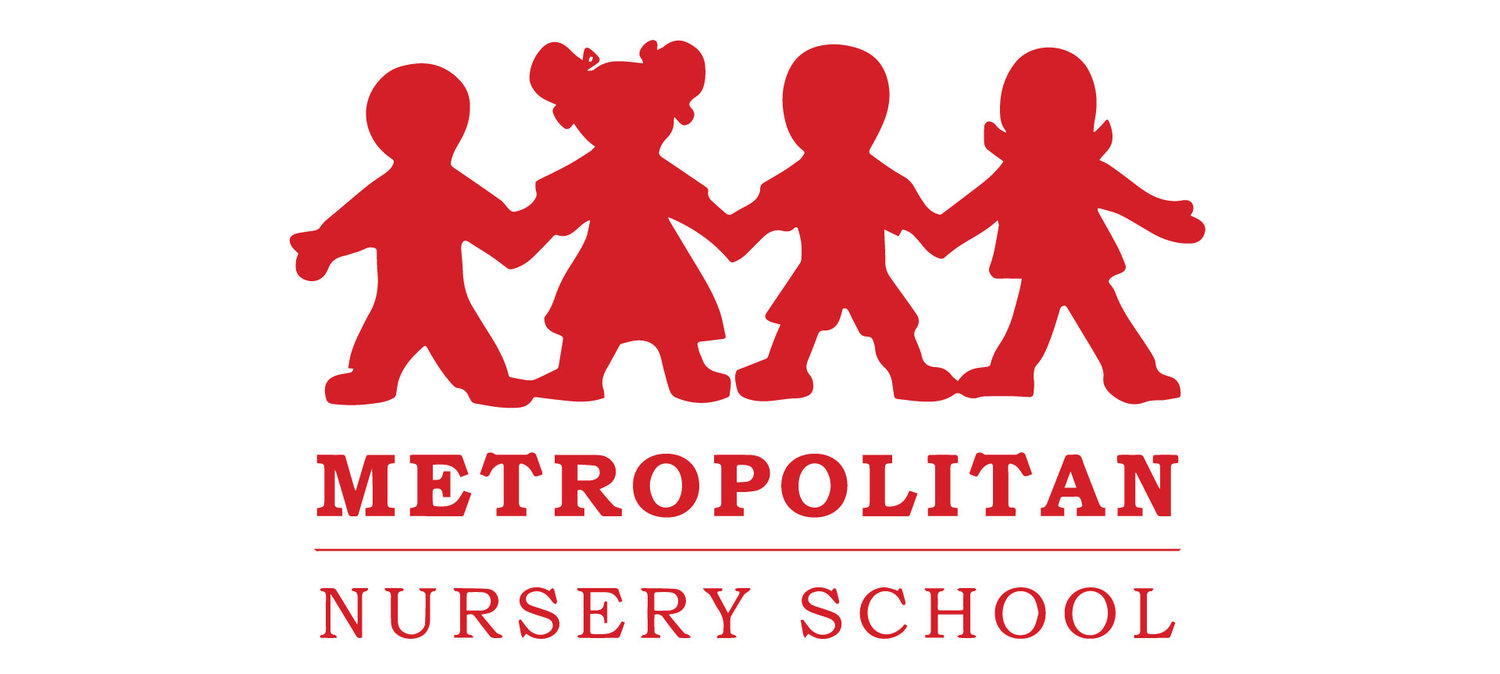This recent article in The Atlantic by Erika Christakis discusses some interesting research and surveys that highlight how the pandemic may contribute to a needed discussion about education and the need to improve schools for all children. One of my biggest concerns through this pandemic has been a shift away from the idea that in-person teaching is essential for our children. I agree with this opinion piece from the New York Times: keep schools open, shut everything else down. If we had kept the high risk activities closed (indoor dining, gyms, bars) and mandated masks everywhere, we could have kept infection rates low enough to keep schools safe for teachers and students. My heart breaks at the failing of our nation and the tremendous loss of life, financial stability, and educational security that has come with COVID-19.
Abiding by the maxim that “education is essential for all children” is a hallmark of a well-functioning, healthy society. We forget the times and places when school for all children was not a given. Throughout history, teachers and students have been willing to risk their lives because they believed in the importance of education: when Ruby Bridges desegregated New Orleans schools, when Malala and Ziauddin Yousafzai resisted Taliban oppression to fight for the right for all girls to go to school, when teachers and students return to school after school shootings , and each flu season. Schools have never been zero risk but, as a society, I thought we had come to a place where we agreed that educating ALL students was worth some risk.
Clearly, we should minimize our risk as much as possible without sacrificing our children’s social, emotional, and educational well-being. Technology permits some learning to occur remotely. Students and teachers at high-risk for complications from COVID-19 infection should be able to teach and learn from home when infection rates are too high to make in-person learning safe for them. And, if the infection rates are too high in an area to make in-person learning safe for anyone, we should be able to ensure all children have access to the technology and infrastructure necessary to make online learning possible—FOR A SHORT TIME. As this Alec MacGillis ProPublica story highlights, there are substantial educational and emotional risks to prolonged online learning, particularly for our most vulnerable students.
I will repeat what I have been screaming into a void since April: OUR ACTIONS NOW TEACH OUR CHILDREN WHAT WE VALUE. CLOSE BARS, GYMS, AND INDOOR DINING SO SCHOOLS CAN BE SAFE TO REOPEN AND STAY OPEN. No amount of mitigation (air purification, outdoor learning, small pod sizes) is as effective as simply keeping our infection rates under control. I weep for a society where rampant individualism and one person’s right to have a drink in a crowded, indoor space outweighs society’s need to educate our children. COVID-19 is a greater health risk to adults than children, but it may end up causing greater long-term harm to children, due to the manner in which we have “managed” this pandemic. If it is safe to allow adults to congregate indoors then we shouldn’t be forcing children, those least at risk for complications from this illness, to suffer the greater consequences and loss. If it’s not safe to open schools for children, then it’s not safe to open these other things for adults. YOU CAN’T HAVE IT BOTH WAYS.
I shouldn’t need to explain how important in-person school is for children, especially young children. But a quick google search can get you a large amount of peer-reviewed research on the topic. This debate was settled decades ago, I thought, and an abundant amount of research supports the importance of a good education system for a well-functioning society. We shouldn’t have to say this. I chose teaching and the development of young children because it was a mission I believed in. Something so important that I knew being a part of it would be meaningful and fulfilling. It’s time we refocus our society actions and behaviors to match our beliefs about what is important. Our children’s well-being is paramount. It’s time adults start acting like adults by instilling our values through modeling better behavior and placing the interests of children over those of adults. A good education IS worth dying for, but if we could just make smarter, less selfish decisions, it shouldn't have to come to that.
